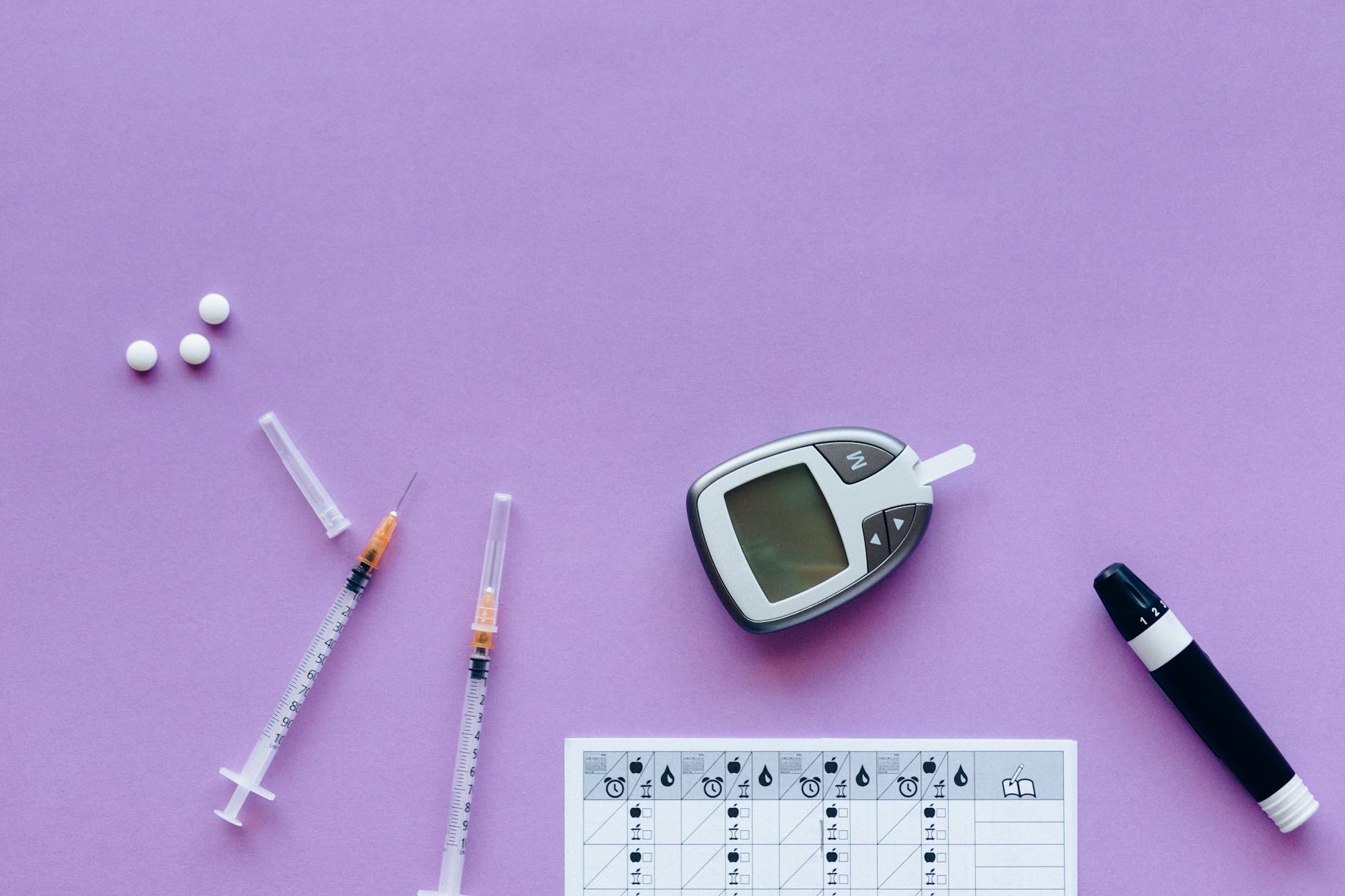Explore the ultimate guide to crushing Crohn’s and regaining control of your health with these essential symptom management strategies.
Table of Contents
Crohn’s Disease is a chronic inflammatory bowel disease that affects millions of people worldwide. Living with Crohn’s can be challenging, but with the right approach, you can manage your symptoms and take control of your health. In this blog post, we will explore the impact of Crohn’s Disease on daily life and provide practical tips for managing the condition.
Understanding the Impact of Crohn’s Disease
Crohn’s Disease is a condition that causes inflammation of the digestive tract, leading to symptoms such as abdominal pain, diarrhea, fatigue, and weight loss. The unpredictable nature of the disease can significantly impact a person’s quality of life, making it essential to seek proper treatment and management strategies.
Importance of Early Diagnosis and Proper Management
Early diagnosis of Crohn’s Disease is crucial for effectively managing the condition and minimizing potential complications. If you experience persistent abdominal pain, changes in bowel habits, or unexplained weight loss, it is essential to seek medical advice promptly. A gastroenterologist can perform tests to diagnose Crohn’s Disease and develop a personalized treatment plan based on your specific needs.
Managing Crohn’s Symptoms
There are various strategies for managing the symptoms of Crohn’s Disease, including medications, lifestyle changes, and dietary modifications. Your healthcare provider can prescribe anti-inflammatory drugs, immunosuppressants, or biologics to help control inflammation and alleviate symptoms. Additionally, adopting a healthy lifestyle, such as regular exercise, stress management techniques, and adequate sleep, can support your overall well-being.
The Role of Nutrition in Crohn’s Management
Diet plays a significant role in managing Crohn’s Disease, as certain foods can trigger inflammation and worsen symptoms. It is essential to work with a registered dietitian to develop a nutrition plan that meets your individual dietary needs while minimizing digestive discomfort. Avoiding trigger foods, such as high-fiber or spicy foods, and staying hydrated can help maintain gut health and reduce the risk of flare-ups.
| Symptom | Management |
|---|---|
| Abdominal pain | Use heating pads, take pain medication as prescribed |
| Diarrhea | Follow a low-fiber diet, stay hydrated |
| Fatigue | Get plenty of rest, prioritize sleep |
| Inflammation | Take prescribed anti-inflammatory medications, follow a healthy diet |
| Weight loss | Work with a dietitian to ensure proper nutrition, consult with a doctor |
Social and Emotional Support for Crohn’s Patients
Maintaining a strong support network is essential for coping with the challenges of living with Crohn’s Disease. Connecting with others who understand your experiences can provide emotional support and practical advice for managing symptoms. Consider joining a support group, participating in online forums, or seeking individual counseling to address any psychological or emotional effects of the condition.
Taking Control of Your Health
By taking an active role in managing your Crohn’s Disease, you can improve your quality of life and reduce the impact of symptoms on your daily routine. Keep track of your symptoms, adhere to your treatment plan, attend regular medical appointments, and communicate openly with your healthcare team about any concerns or changes in your condition. Remember that you are not alone in this journey, and support is available to help you navigate the challenges of living with Crohn’s Disease.
FAQ
Can Crohn’s Disease be cured?
Currently, there is no cure for Crohn’s Disease. However, with proper treatment, medication, and lifestyle changes, you can manage the symptoms and improve your quality of life.
What are common triggers for Crohn’s flare-ups?
Common triggers for Crohn’s flare-ups include stress, certain foods like high-fiber or spicy foods, lack of sleep, and infections. It is essential to identify your triggers and take steps to minimize their impact on your health.
Is Crohn’s Disease genetic?
While the exact cause of Crohn’s Disease is unknown, there is evidence to suggest a genetic predisposition to the condition. Having a family history of inflammatory bowel disease increases the risk of developing Crohn’s Disease.
Can exercise help manage Crohn’s symptoms?
Regular exercise can benefit individuals with Crohn’s Disease by improving overall health, reducing stress, and promoting better digestion. However, it is essential to consult with your healthcare provider before starting an exercise routine to ensure it is safe and appropriate for your condition.





